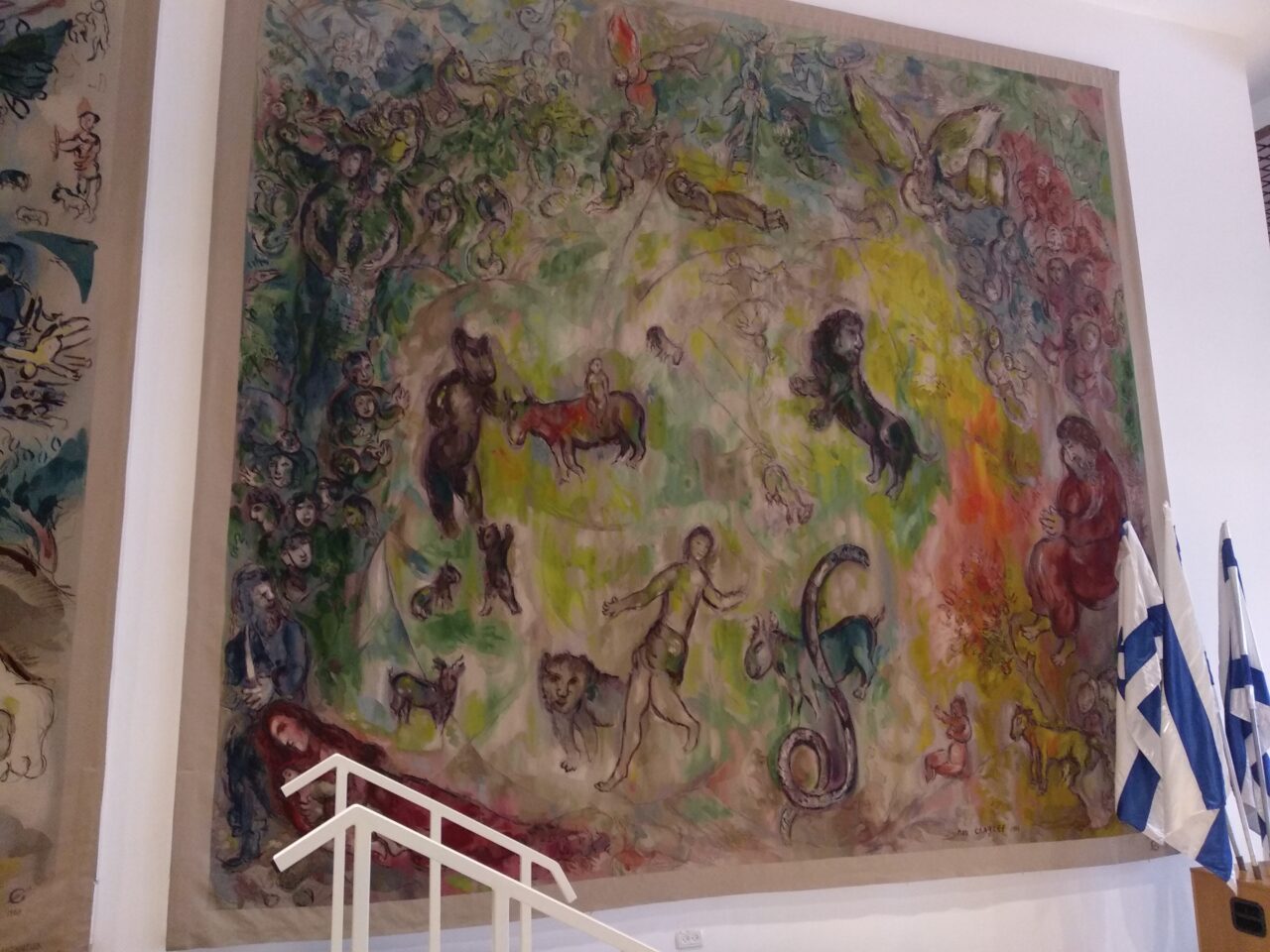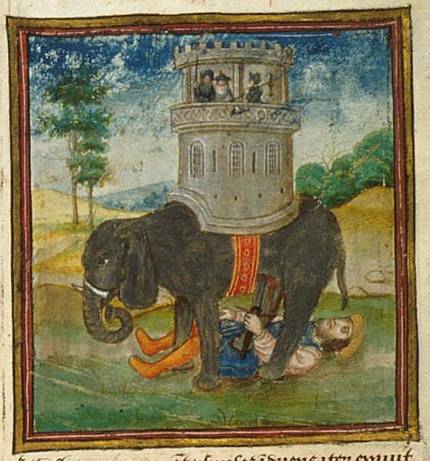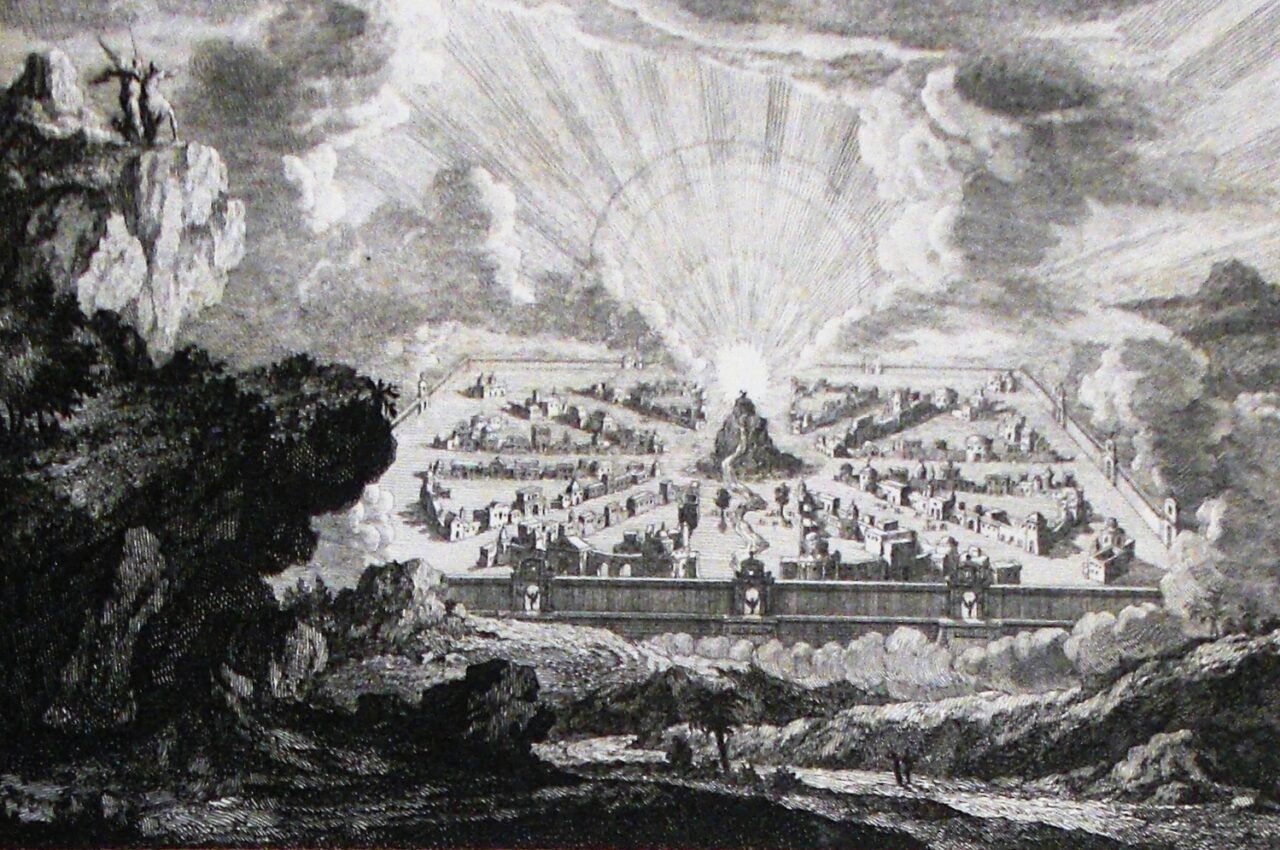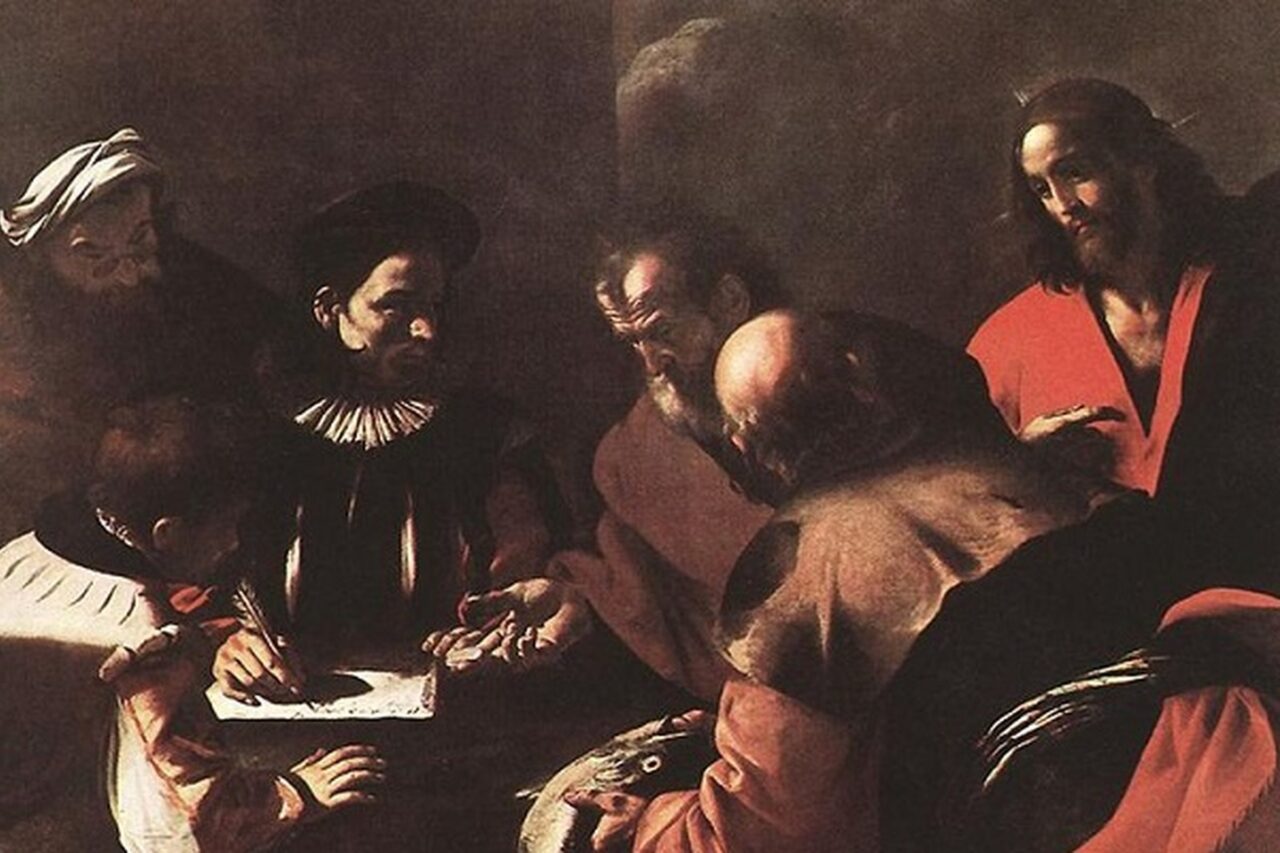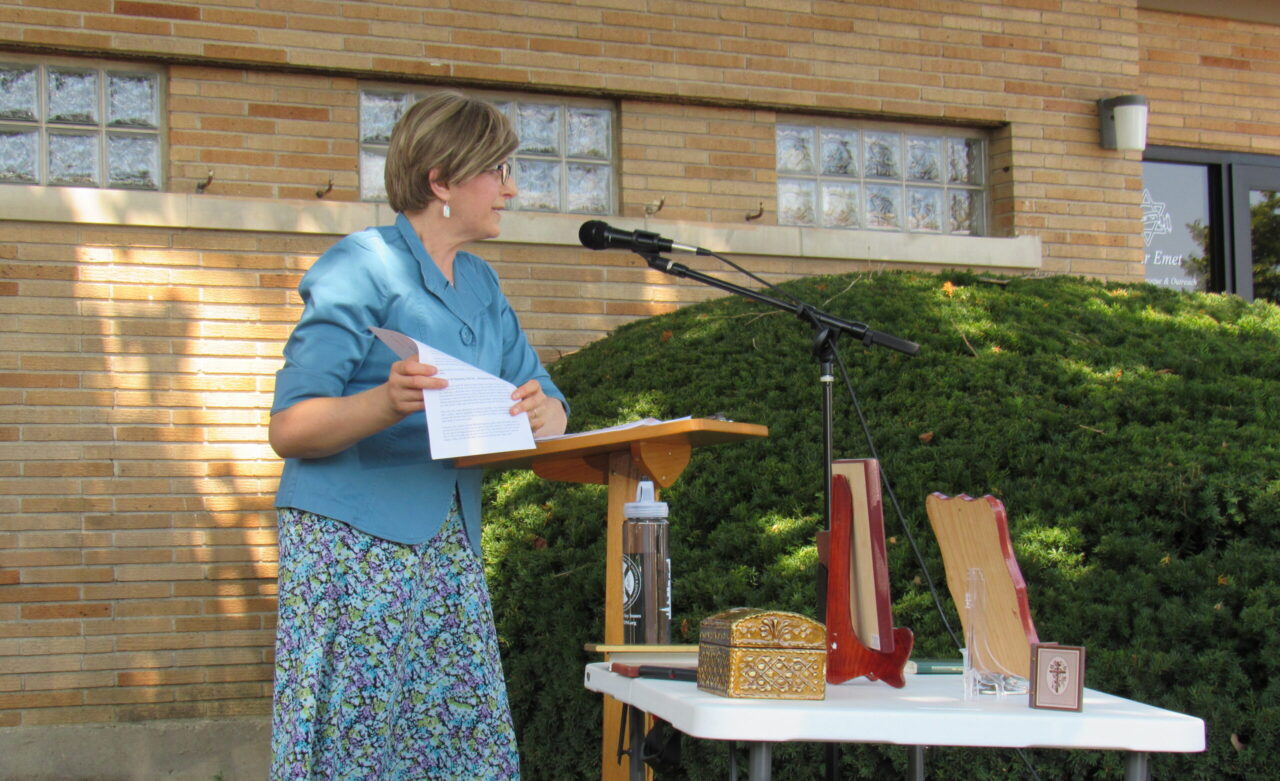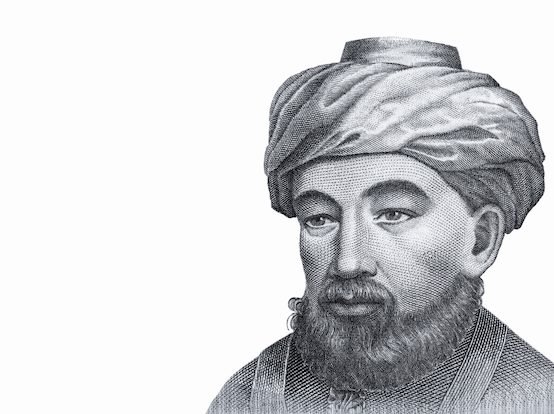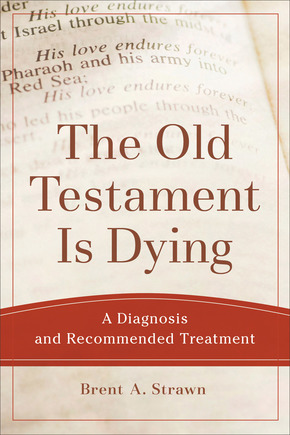Category: Judaism
-

Martyrdom in Judaism: Part 2
ZS wrote this two-part overview of Jewish martyrdom in 2018. We post it now with consideration of those who joined the ranks of kedoshim on October 7, 2023. Click here to read Part 1. Rewards in Heaven Jewish traditions hold that martyrs gain access to haolam haba. In the Maccabean martyr story of the seven brothers…
-

Jewish Martyrdom: Part 1
ZS wrote this two-part overview of Jewish martyrdom in 2018. We post it now with consideration of those who joined the ranks of kedoshim on October 7, 2023. The concept of martyrdom within Judaism wrestles with several issues. Martyrdom carries different functions within Judaism, often changing with historical context. Judaism tries to set clear determinations…
-

Parashat Ki Tetzei
This is adapted from a drash Z. S. read last year at Devar Emet Messianic Congregation. A drash is a brief takeaway from the weekly cycle of texts. This Week’s Readings: Torah: Deuteronomy 21:10-25:19 Haftarah: Isaiah 54:1-10 Brit Chadashah: Revelation 21:1-4 I recently spoke with a friend in Israel about some issues surrounding the aliyah process, and how…
-

Christian Midrash: Theology Building
Given my staple here as a writer who submits to and defends the authority of the Catholic Church, I am taking a bit of a step back in these four articles where I will explore some random theological ideas. The articles are based on a paper I wrote in University in which I hope to…
-

Morning Walk Conference: Join Our Livestream!
Greetings! The Morning Walk Conference has been in the works for a year, and it will start tomorrow afternoon! For those unable to attend, we will stream our conference on YouTube. On both Saturday and Sunday, feel free to join in the livestream chat and type in your questions for the keynote speakers. All times…
-

Nazi Death Camps: Blurring the Lines Between Life and Death
We are publishing this article for Holocaust Remembrance Day. May their memories be for a blessing. Death camps represent, perhaps, the most important evidence for the planned extermination of the Jewish people. The death camp manufactured a single product: the speedy and efficient murder of world Jewry. Because of this, the Nazis blurred the lines…
-

Divine Revelation in the Epistemology of Maimonides
In a previous article, I wrote about the centrality of the divine to Socrates’ epistemology. Here, I will discuss the source of prophecy in Maimonides’ epistemology. Over a millennium after Socrates, Maimonides echoes similar sentiments in his discourse on prophets in Book Two of The Guide for the Perplexed. He writes with the Aristotelian methodology…
-

Halakhah and New York’s Recent Abortion Law
A month from its signing, I examine New York’s recent abortion law (the Reproductive Health Act, or RHA) under the lenses of Jewish law (halakhah). The RHA institutes two major changes: 1) it takes abortion out of laws regarding criminal activity, and 2) it allows abortion when “the patient is within twenty-four weeks from the…

